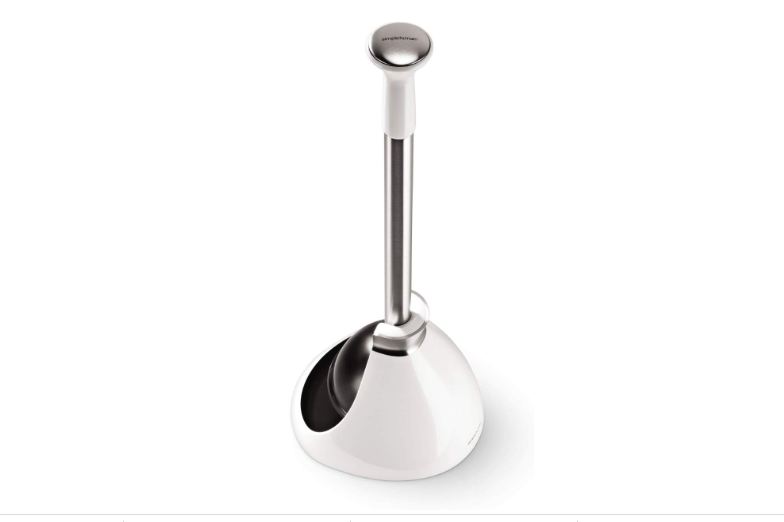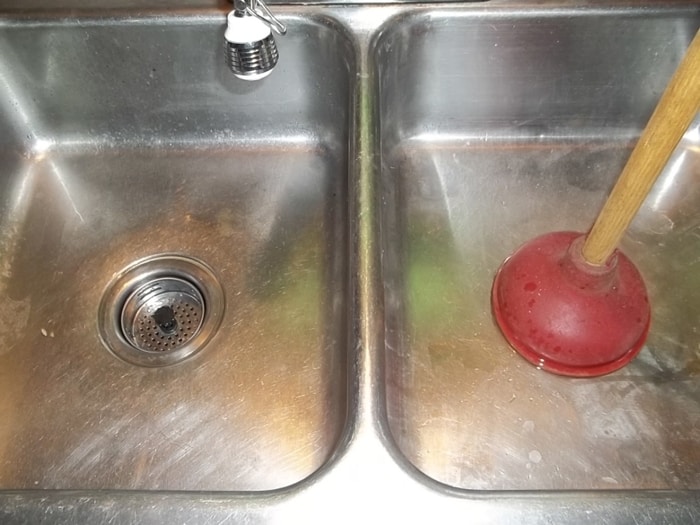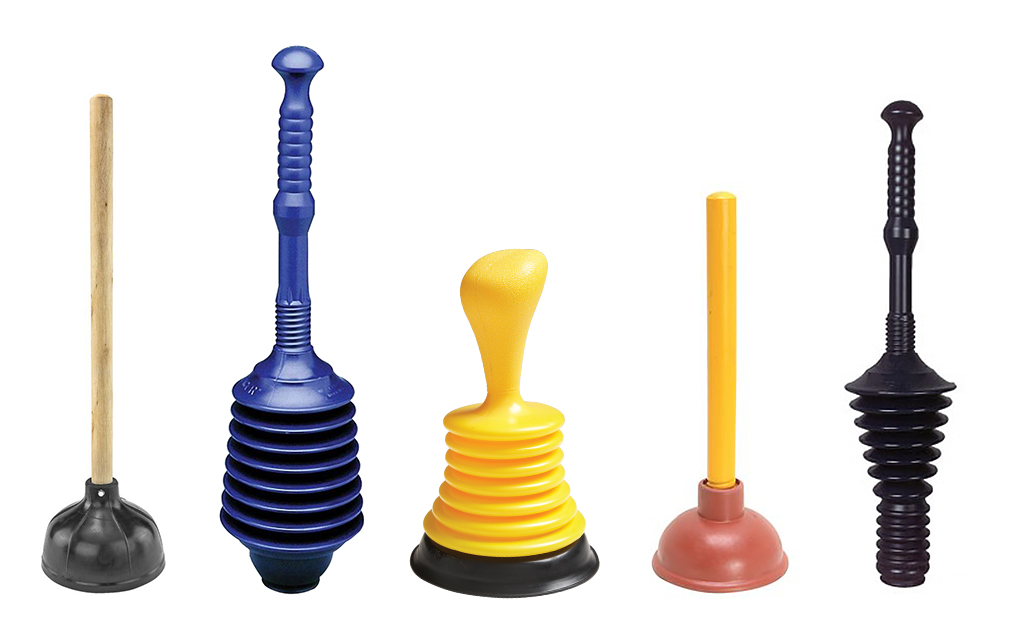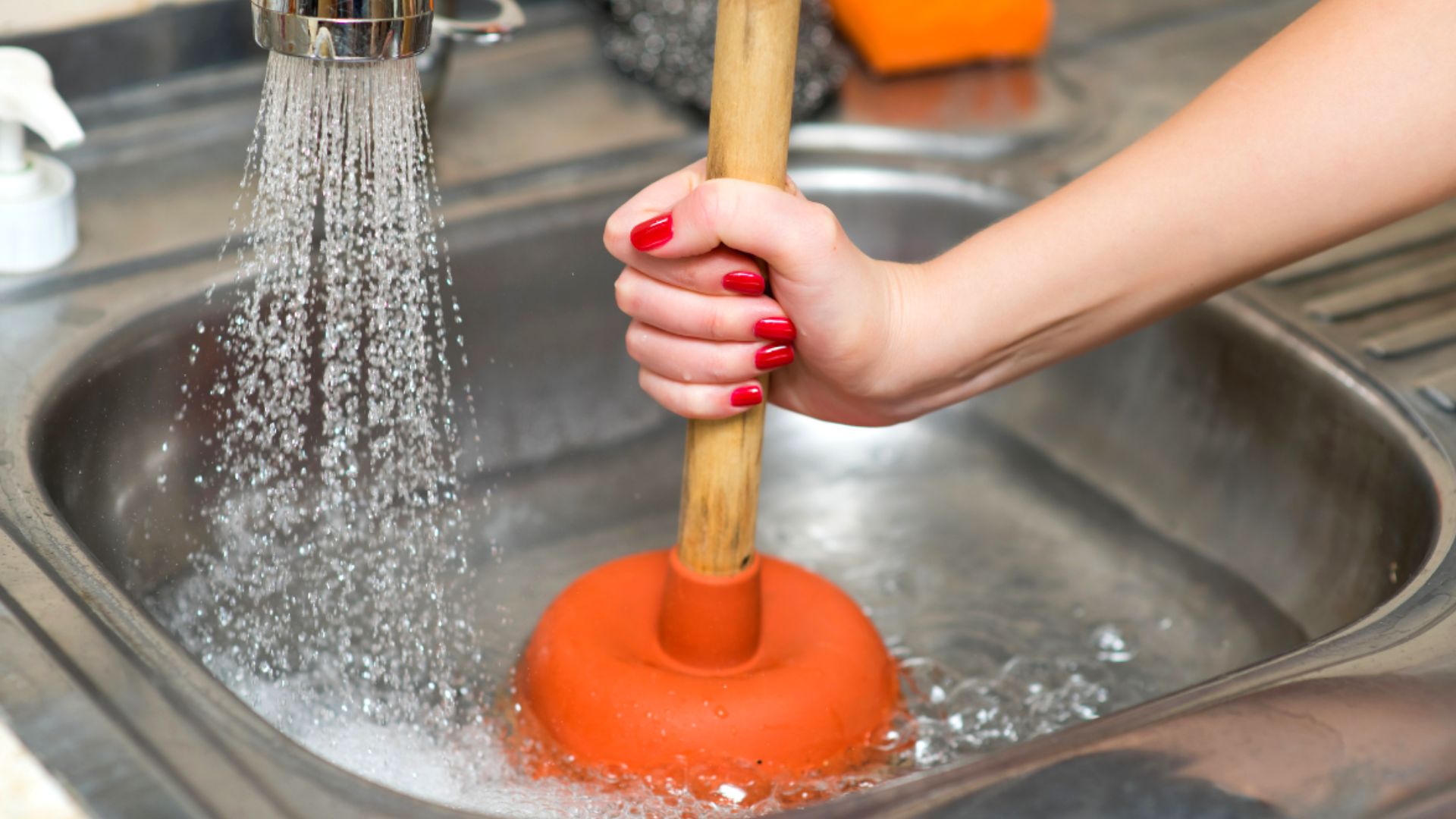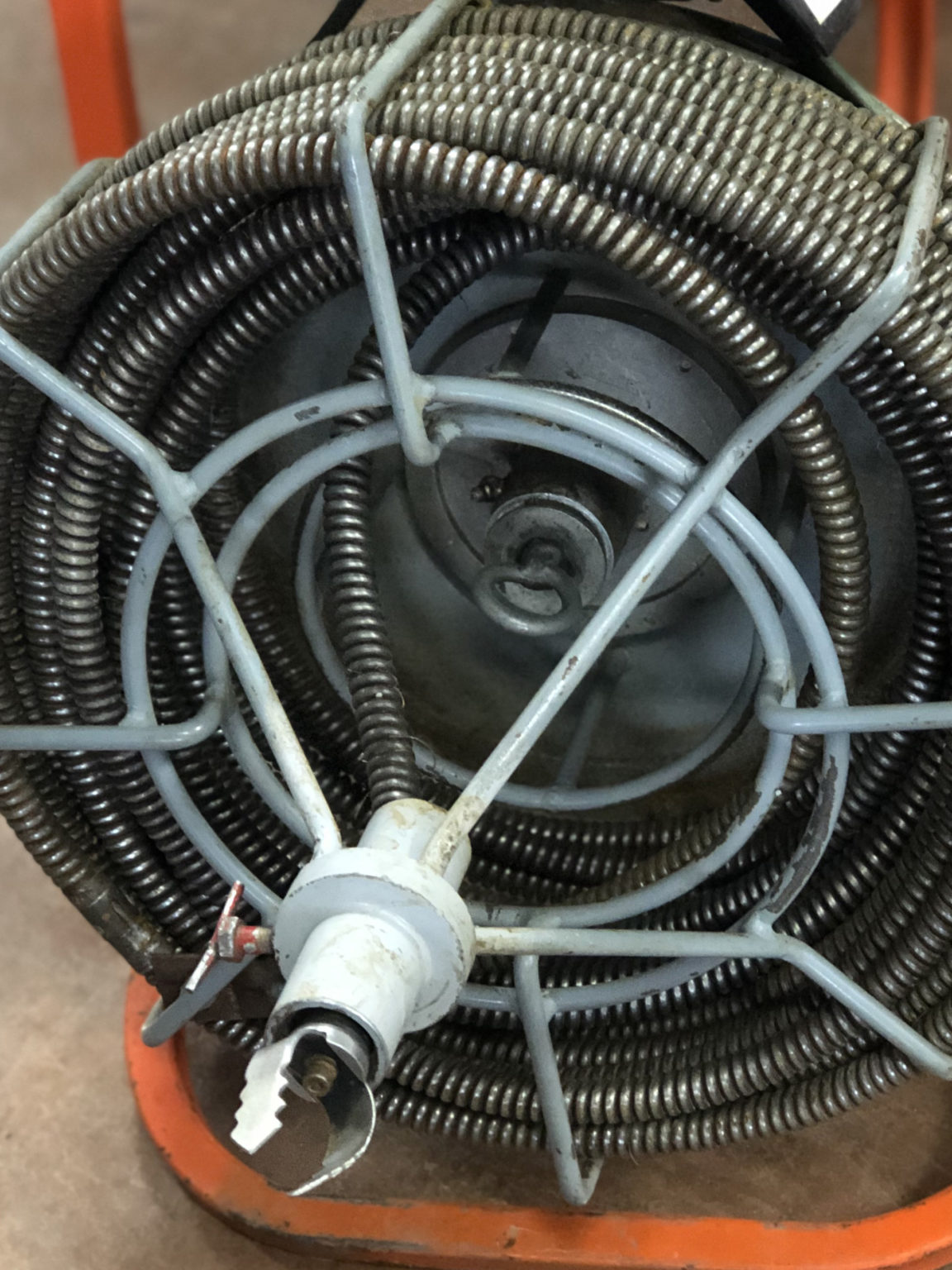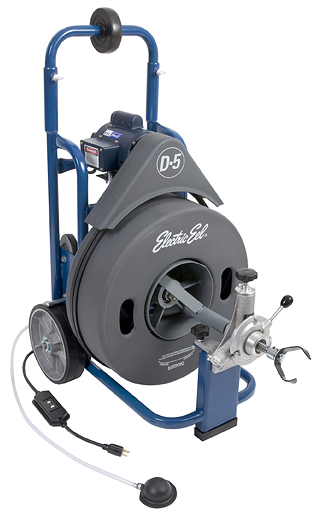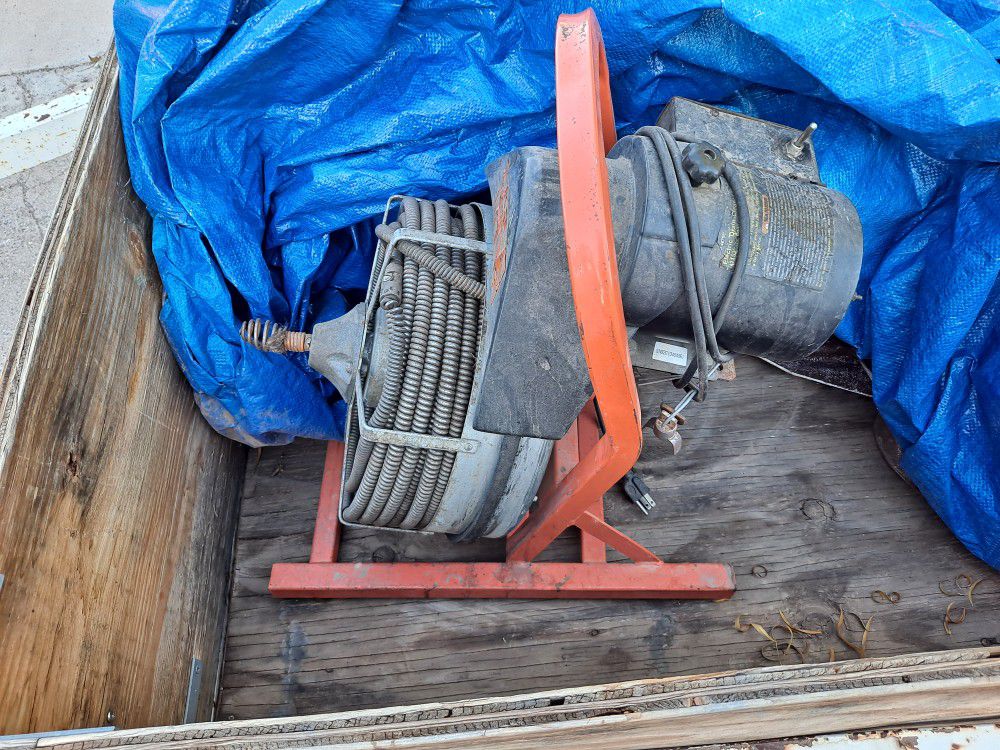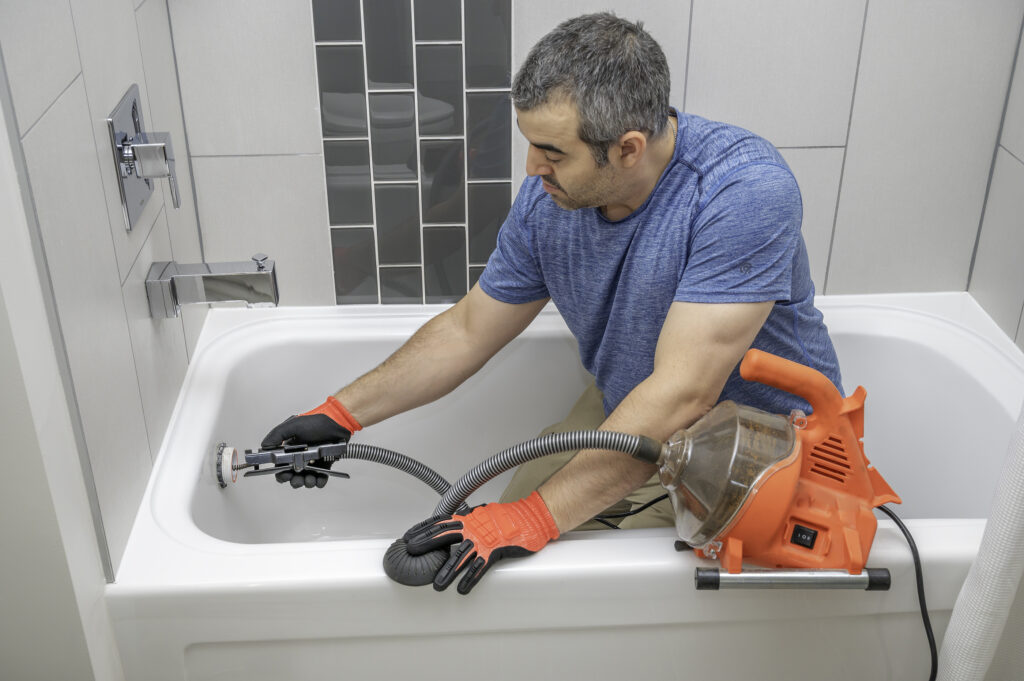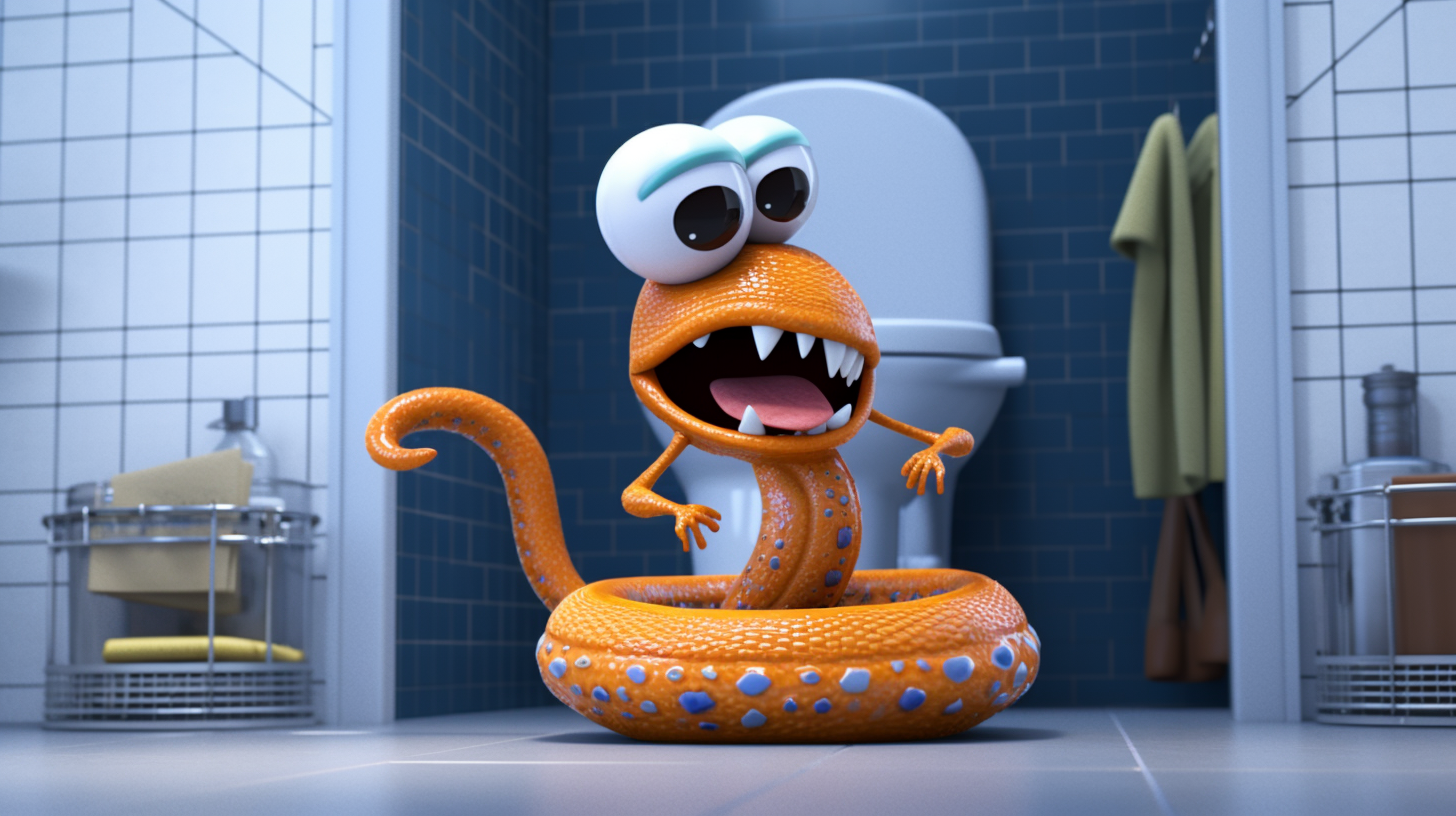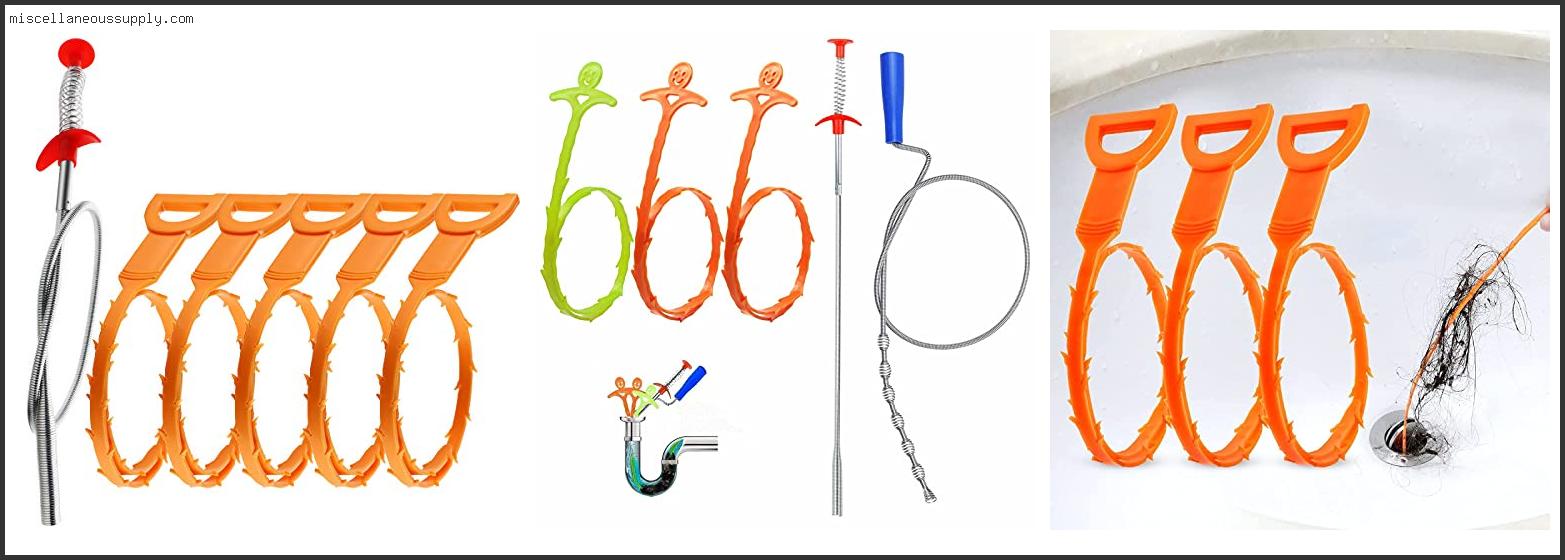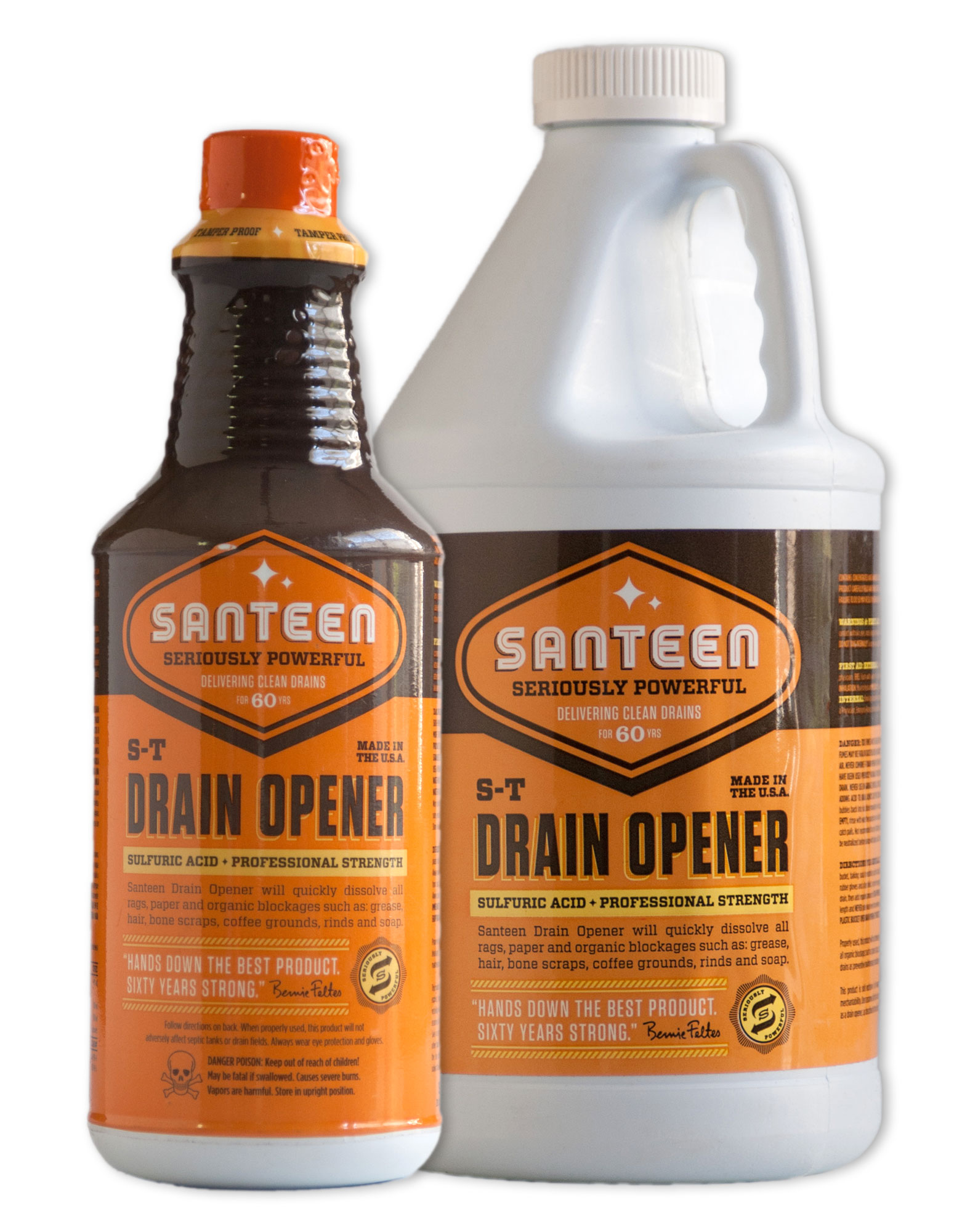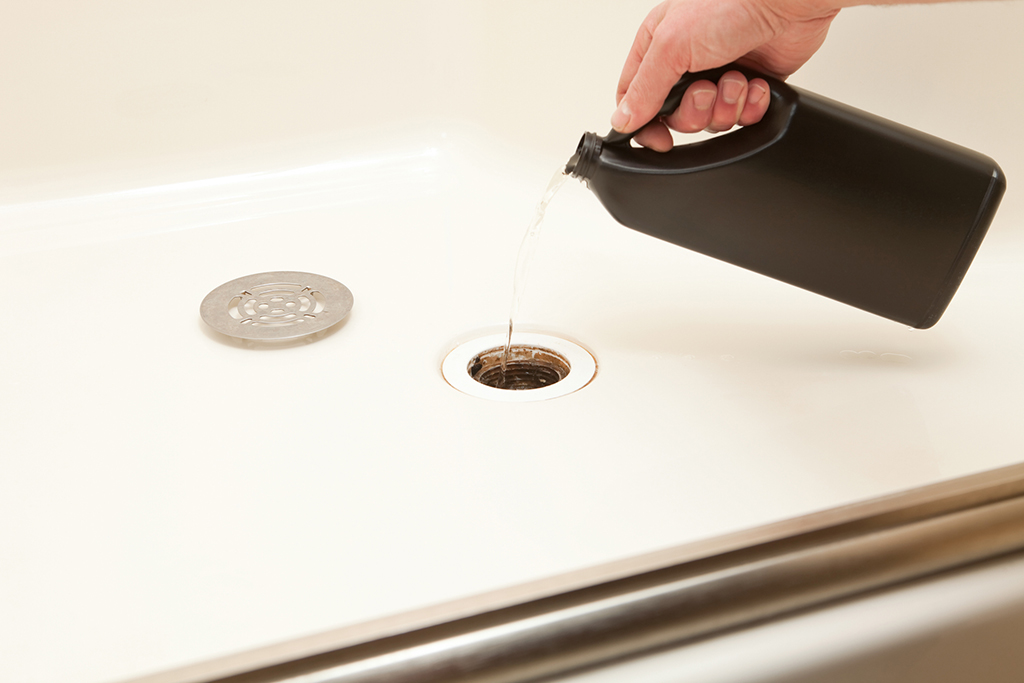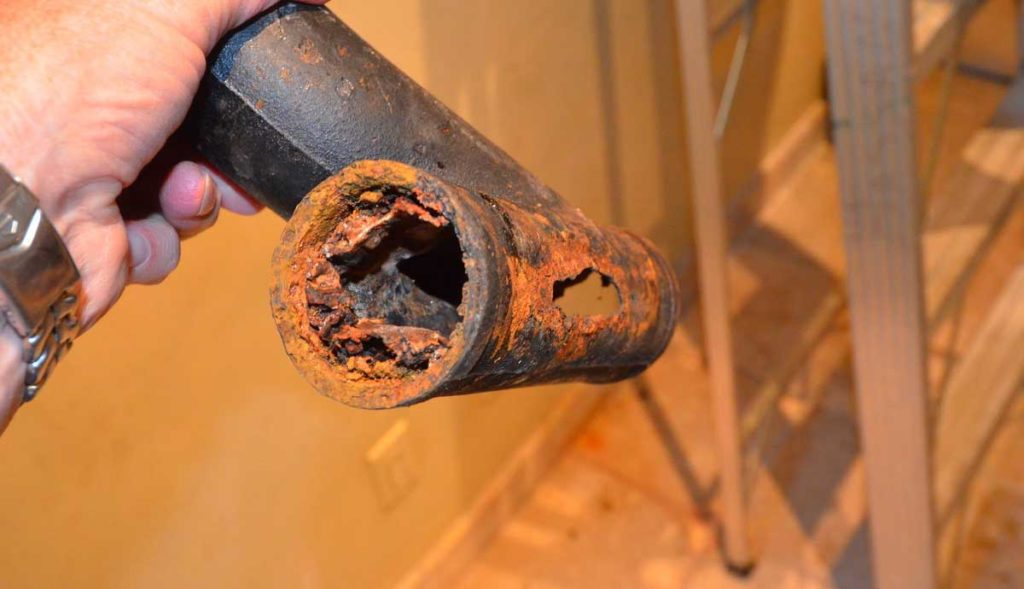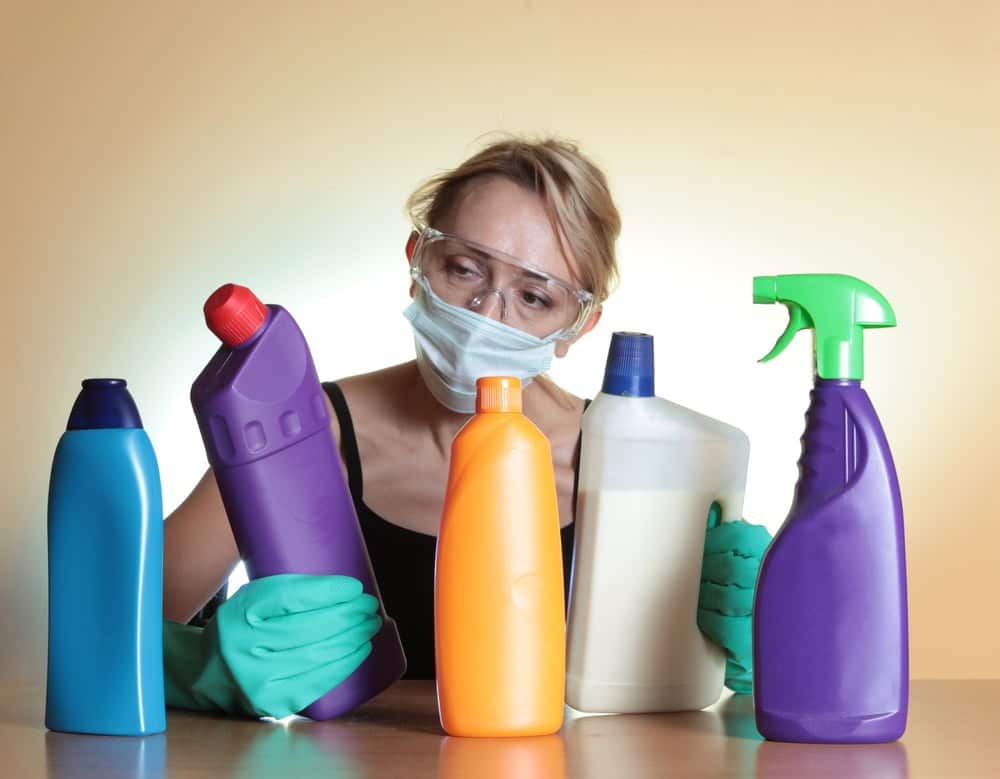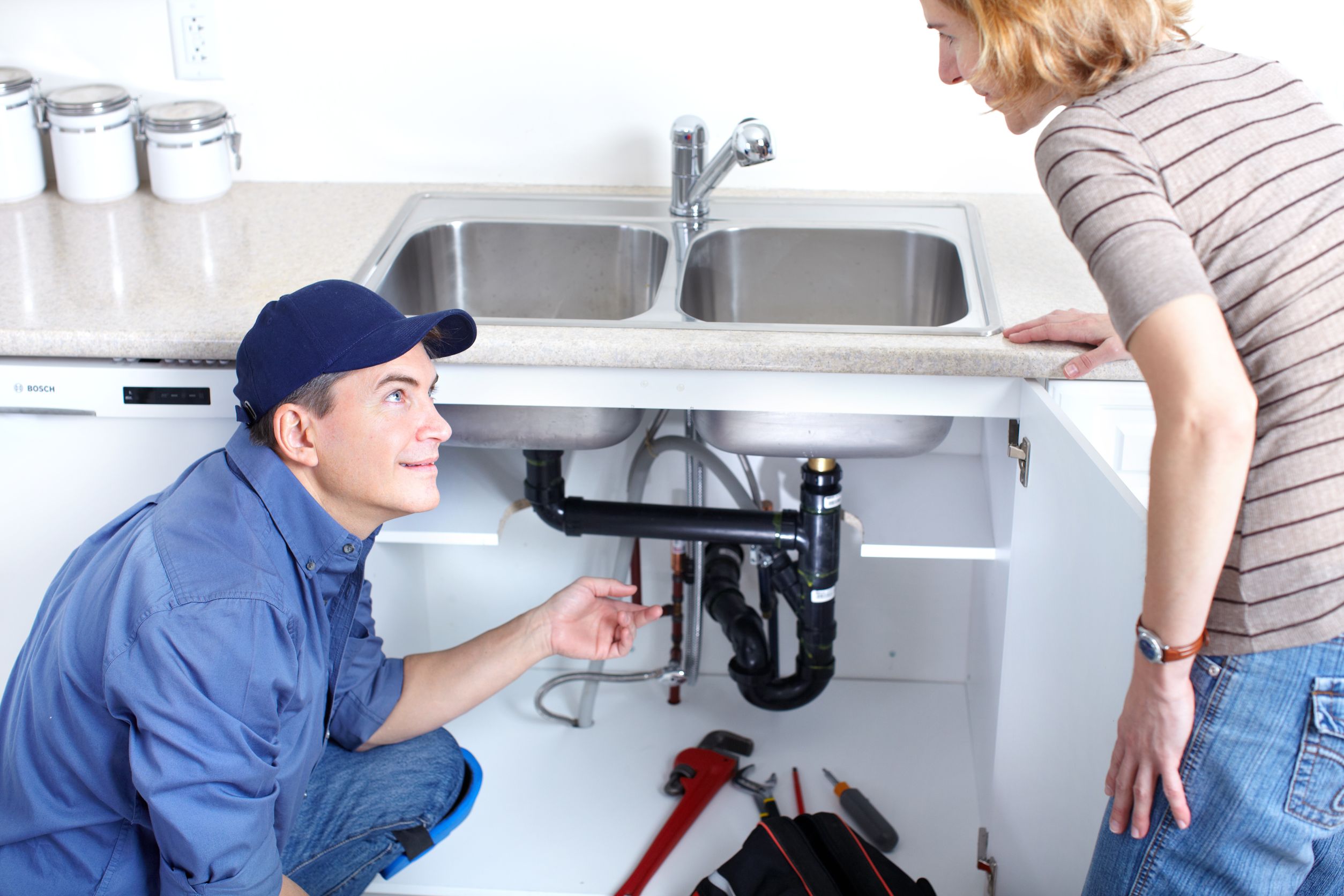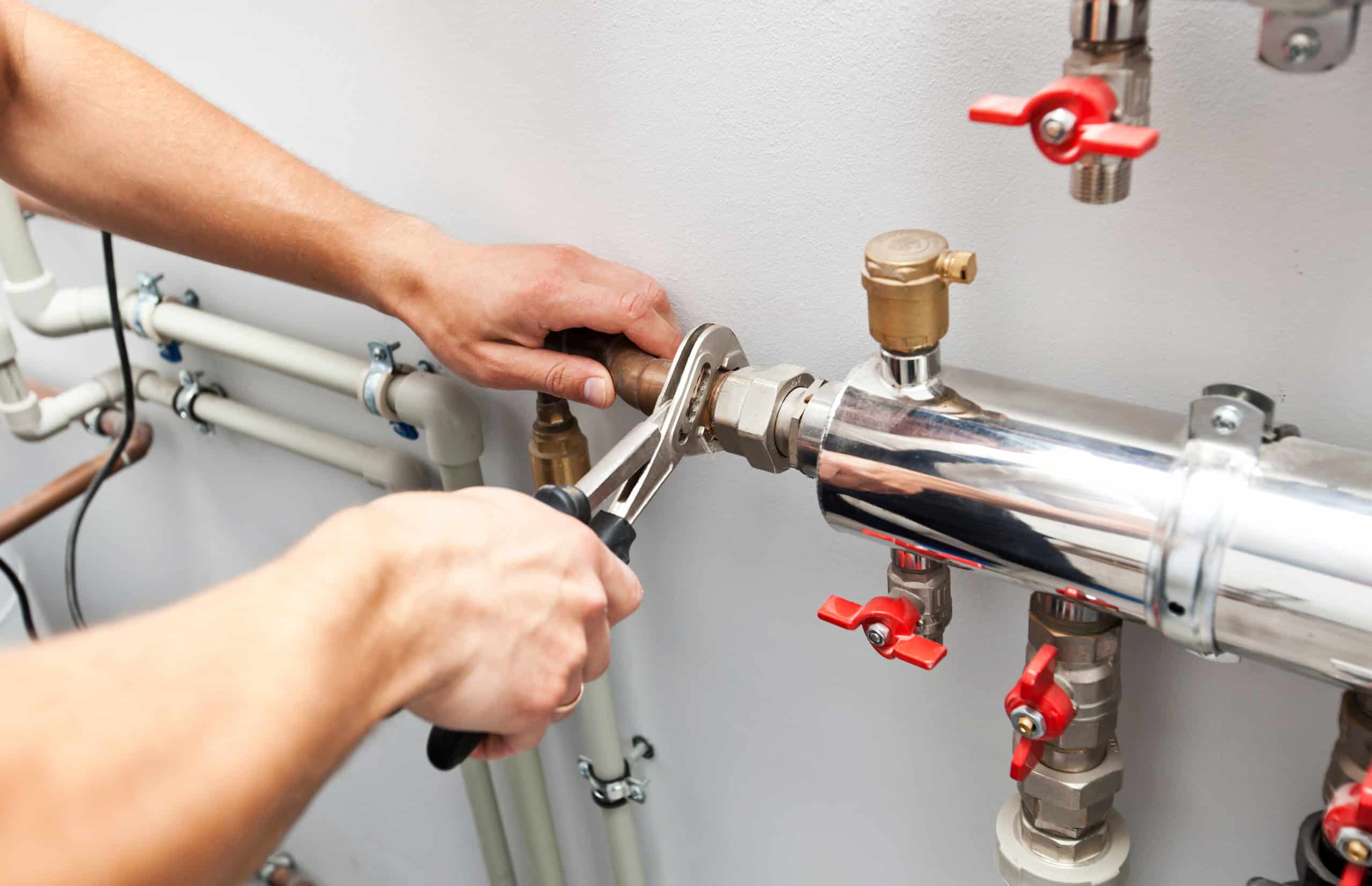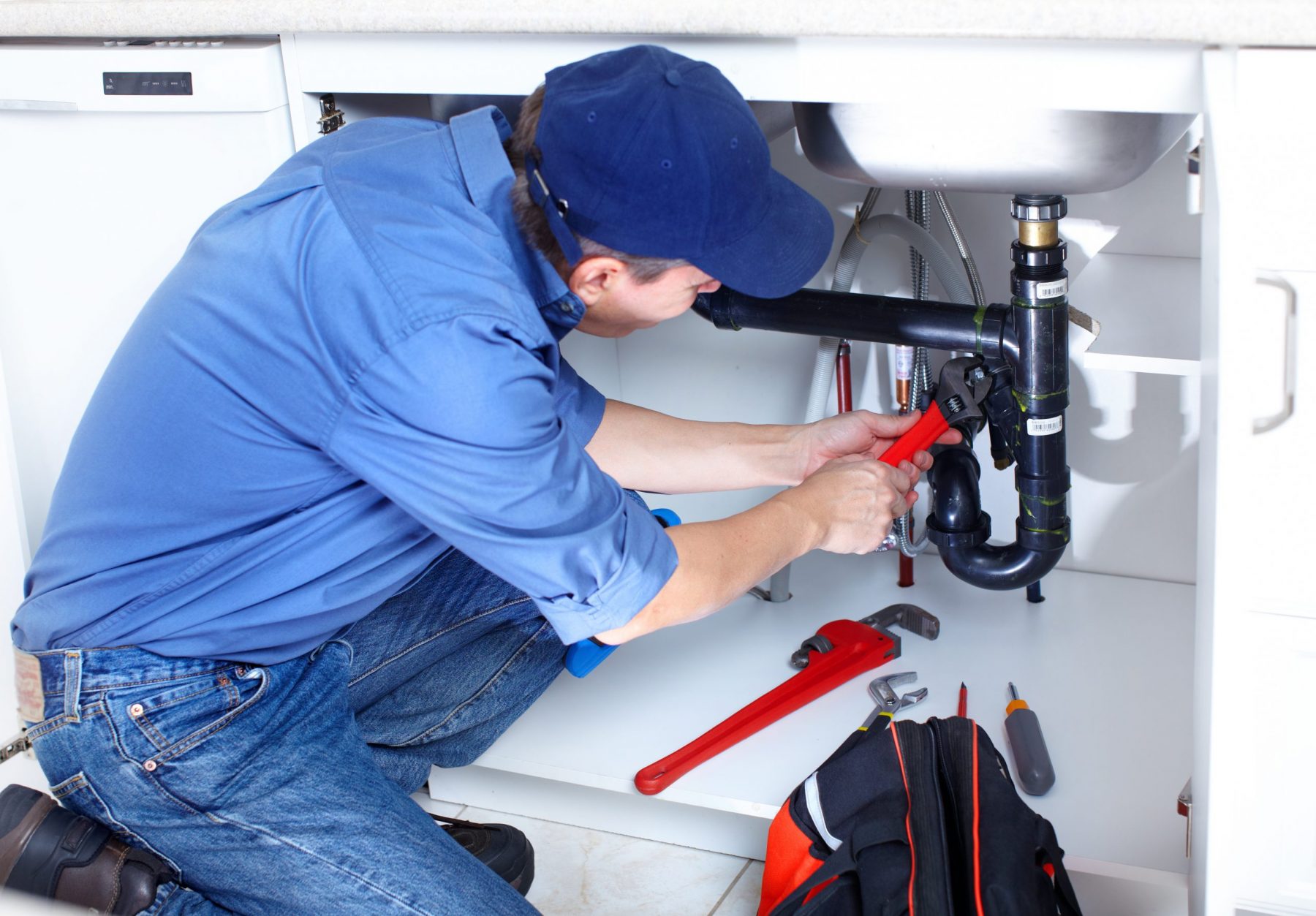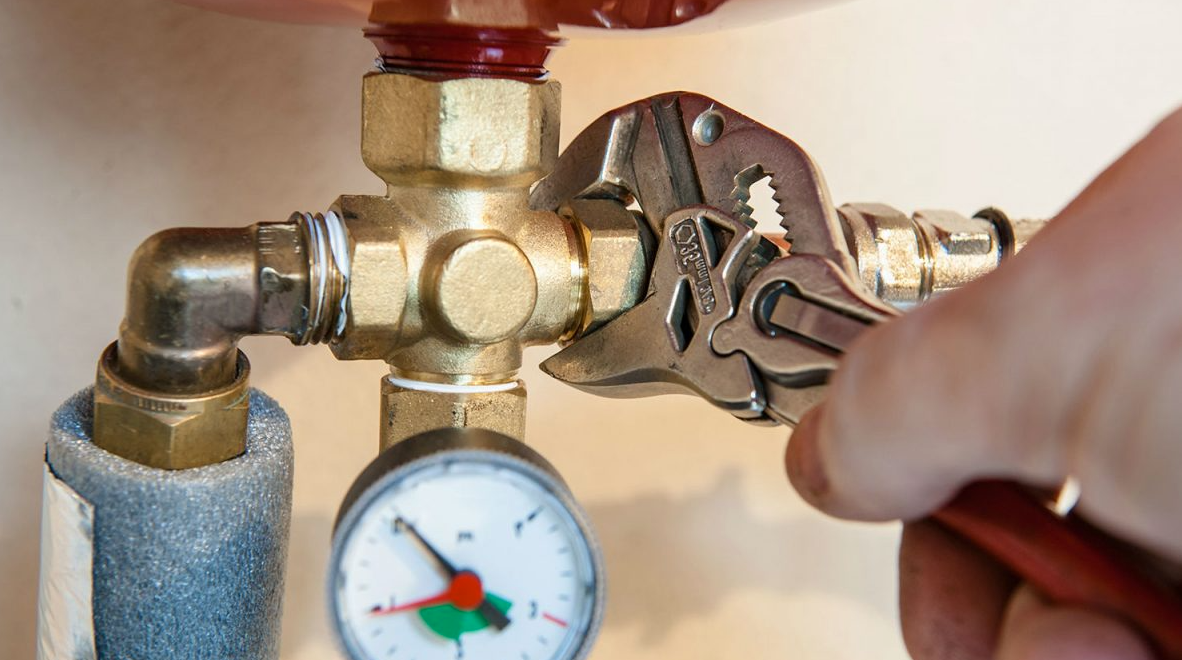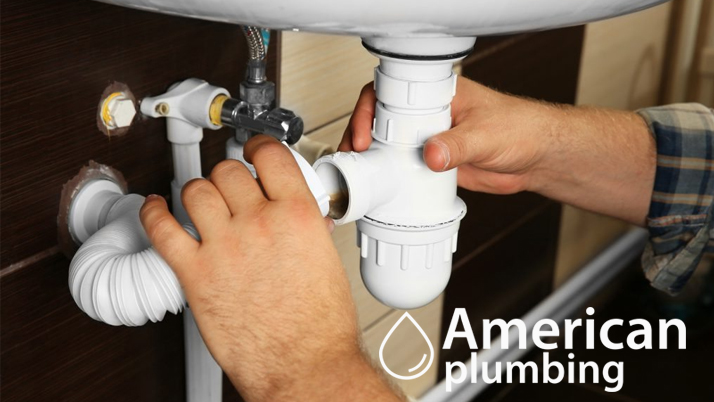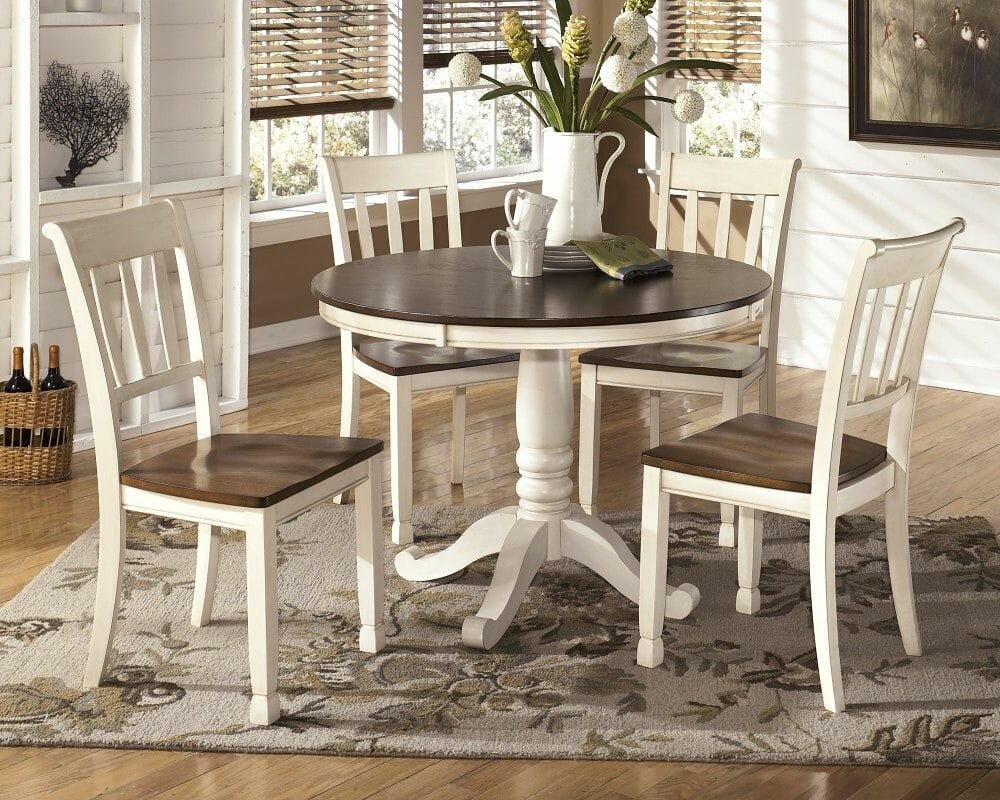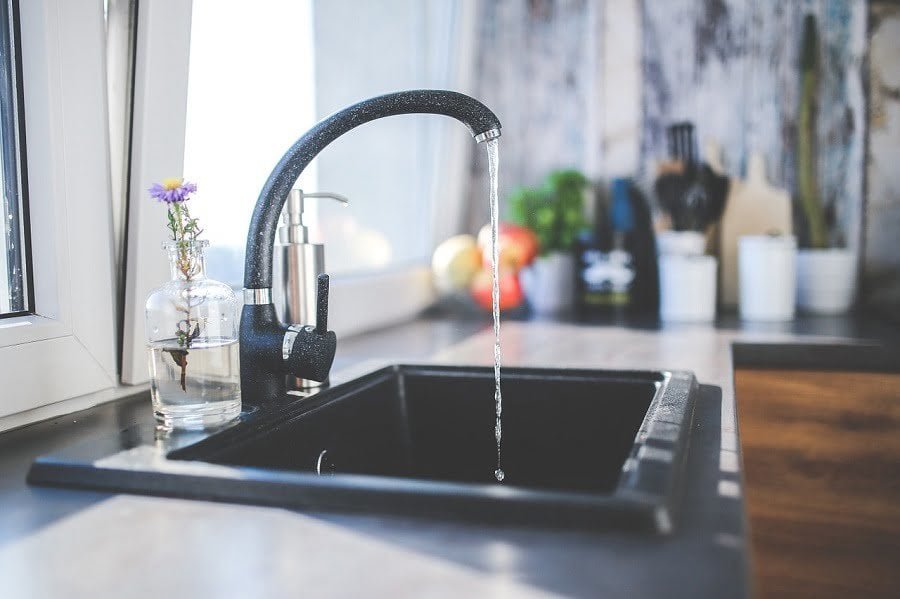Dealing with a kitchen sink that won't drain can be a frustrating and messy problem. There are many potential causes for a clogged drain, but the most common culprit is food particles and grease that build up over time. These can easily get stuck in the pipes and cause a blockage, making it difficult for water to flow through. In order to prevent a clogged drain, it's important to be mindful of what you put down your kitchen sink. Avoid pouring grease or oils down the drain, and use a strainer to catch any food particles before they go down the pipes.1. Clogged Drain: Understanding the Common Culprit
If your kitchen sink is not draining, despite having clear pipes, it's possible that the blockage is further down the line. This could be caused by a buildup of debris or even a damaged pipe. To identify the issue, you may need to use a plumbing snake or consult a professional plumber. It's important to address blocked pipes as soon as possible, as they can cause further damage to your plumbing system and potentially lead to costly repairs.2. Blocked Pipes: Identifying the Issue
One of the first signs of a clogged drain is a sink that is draining slowly. This could be due to a partial blockage, or it could be the beginning of a more serious issue. If you notice that your kitchen sink is taking longer than usual to drain, it's important to address the problem before it gets worse. Using a plunger or a plumbing snake can often help to clear a slow draining sink, but if the problem persists, it's best to seek professional assistance.3. Slow Draining Sink: A Sign of a Clogged Drain
A backed-up kitchen sink is not only inconvenient, but it can also be a messy situation. When water and debris cannot flow through the pipes, it will eventually back up and come back up through the sink. This can also cause unpleasant odors and potential health hazards. If your kitchen sink is backing up, it's important to act quickly and address the issue before it causes further damage.4. Kitchen Sink Backing Up: A Messy Situation
If you're dealing with a clogged kitchen sink, there are a few DIY solutions that you can try before calling a professional plumber. These include using a plunger, pouring boiling water down the drain, or using a mixture of baking soda and vinegar to break up the clog. While these methods may work for minor clogs, they may not be effective for more serious blockages. If your sink is still not draining after attempting these solutions, it's best to seek professional help.5. Clearing a Clogged Sink: DIY Solutions
If you're planning to unclog your kitchen sink on your own, there are a few tools that you'll need to have on hand. These include a plunger, a plumbing snake, and possibly some chemical drain cleaners. It's important to carefully follow the instructions for these products and use them with caution. If you're unsure about using these tools or are not seeing results, it's best to leave the job to a professional plumber.6. Unclogging a Kitchen Sink: Tools You'll Need
A plunger is a useful tool for unclogging a kitchen sink, as it can create pressure and suction to dislodge a blockage. To use a plunger, place the rubber end over the drain and create a seal. Then, push down and pull up repeatedly until the blockage is cleared. Remember to use a plunger specifically designed for sinks, as they have a flat bottom that can create a better seal.7. Plunger for Kitchen Sink: How to Use It
If a plunger is not effective in clearing a clogged kitchen sink, you may need to use a drain snake. This long, flexible tool can reach deep into the pipes to break up and remove any obstructions. To use a drain snake, insert it into the drain and turn it clockwise while pushing it further into the pipe. Be sure to wear gloves and follow the instructions carefully to avoid causing any damage to your plumbing system.8. Using a Drain Snake: Step-by-Step Guide
Chemical drain cleaners can be a quick and easy solution for a clogged kitchen sink. However, they also come with some potential drawbacks. These cleaners contain strong chemicals that can be harmful to your health and the environment, and they may also damage your pipes if used too frequently. If you choose to use a chemical drain cleaner, be sure to follow the instructions carefully, and avoid using it too often.9. Chemical Drain Cleaners: Pros and Cons
If all else fails or you're dealing with a recurring issue, it's best to seek professional plumbing services. A licensed plumber has the knowledge and expertise to properly diagnose and address the problem, ensuring that your kitchen sink is draining properly and preventing any further damage. Even if you're able to temporarily unclog your sink on your own, it's still a good idea to call a professional for a thorough inspection to prevent future issues.10. Professional Plumbing Services: When to Call for Help
The Importance of Proper Drainage in Kitchen Design

Why is My Kitchen Sink Not Draining?
 If you have ever experienced the frustration of a kitchen sink that won't drain, you know how inconvenient and messy it can be. After trying all of the usual methods of unclogging such as using a plunger or drain cleaner, you may still find that the water is not flowing freely. In this case, the pipes are most likely not the issue. The problem could be related to the design and installation of your kitchen sink and drainage system.
Kitchen sinks are an essential part of any kitchen design, and proper drainage is crucial for their functionality and longevity.
Without proper drainage, water and debris can build up in your sink and pipes, leading to clogs and potential damage over time. It is essential to address any drainage issues as soon as possible to prevent further problems and maintain the efficiency of your kitchen.
If you have ever experienced the frustration of a kitchen sink that won't drain, you know how inconvenient and messy it can be. After trying all of the usual methods of unclogging such as using a plunger or drain cleaner, you may still find that the water is not flowing freely. In this case, the pipes are most likely not the issue. The problem could be related to the design and installation of your kitchen sink and drainage system.
Kitchen sinks are an essential part of any kitchen design, and proper drainage is crucial for their functionality and longevity.
Without proper drainage, water and debris can build up in your sink and pipes, leading to clogs and potential damage over time. It is essential to address any drainage issues as soon as possible to prevent further problems and maintain the efficiency of your kitchen.
The Role of Design in Drainage
 One of the main reasons for a kitchen sink not draining is poor design.
When designing your kitchen, it is crucial to consider the placement and design of your sink and drainage system.
The slope of the pipes, the location of the drain, and the size and shape of the sink can all affect the flow of water and debris through the system.
For example, if your sink is not installed at the correct angle, water may not flow properly towards the drain, causing it to pool and not drain properly. Additionally, if your sink is too small or shallow, it may not be able to handle large amounts of water or food waste, leading to clogs and backups.
One of the main reasons for a kitchen sink not draining is poor design.
When designing your kitchen, it is crucial to consider the placement and design of your sink and drainage system.
The slope of the pipes, the location of the drain, and the size and shape of the sink can all affect the flow of water and debris through the system.
For example, if your sink is not installed at the correct angle, water may not flow properly towards the drain, causing it to pool and not drain properly. Additionally, if your sink is too small or shallow, it may not be able to handle large amounts of water or food waste, leading to clogs and backups.
The Importance of Proper Installation
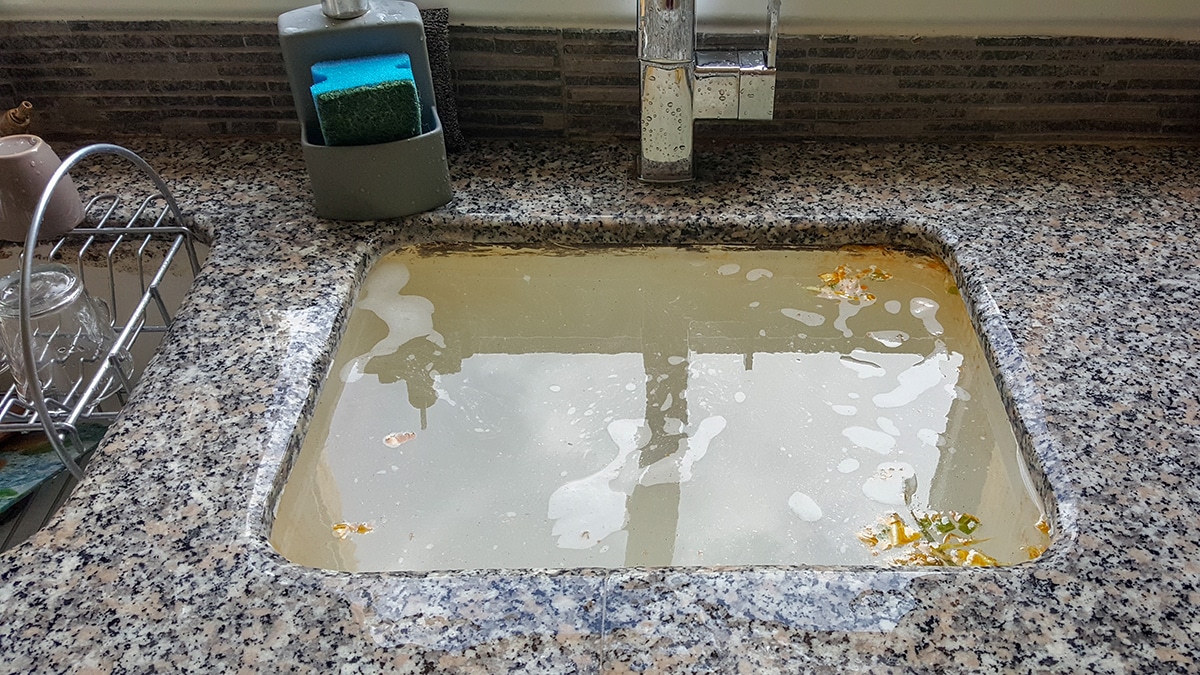 In addition to design, proper installation is crucial for the functionality of your kitchen sink and drainage system.
Incorrectly installed pipes can lead to leaks, blockages, and other issues that can affect the flow of water.
It is essential to hire a professional plumber who has experience with kitchen design and installation to ensure that your sink and drainage system are set up correctly.
In some cases, a
simple adjustment or repair to your sink or pipes may be all that is needed to solve the draining issue.
However, if the design or installation was done incorrectly, it may require a complete redesign and installation to fix the problem.
In addition to design, proper installation is crucial for the functionality of your kitchen sink and drainage system.
Incorrectly installed pipes can lead to leaks, blockages, and other issues that can affect the flow of water.
It is essential to hire a professional plumber who has experience with kitchen design and installation to ensure that your sink and drainage system are set up correctly.
In some cases, a
simple adjustment or repair to your sink or pipes may be all that is needed to solve the draining issue.
However, if the design or installation was done incorrectly, it may require a complete redesign and installation to fix the problem.
In Conclusion
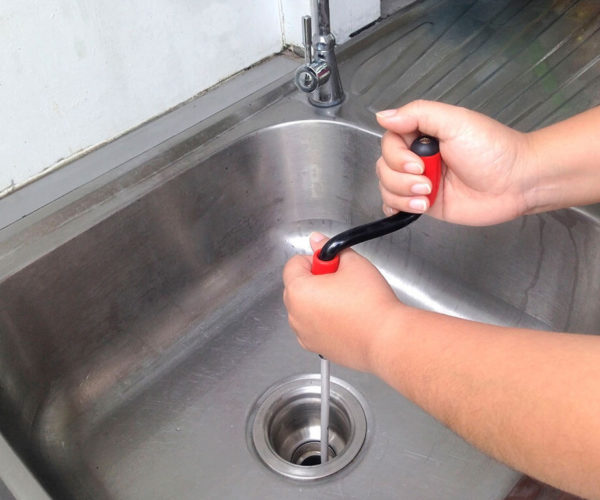 Proper drainage is a crucial element of kitchen design, and it is essential to address any issues with your sink and drainage system as soon as possible.
By considering the design and installation of your sink and pipes, you can prevent future drainage problems and maintain the functionality and efficiency of your kitchen.
If you are experiencing a kitchen sink not draining, it is best to consult a professional plumber who can assess and resolve the issue for you.
Proper drainage is a crucial element of kitchen design, and it is essential to address any issues with your sink and drainage system as soon as possible.
By considering the design and installation of your sink and pipes, you can prevent future drainage problems and maintain the functionality and efficiency of your kitchen.
If you are experiencing a kitchen sink not draining, it is best to consult a professional plumber who can assess and resolve the issue for you.


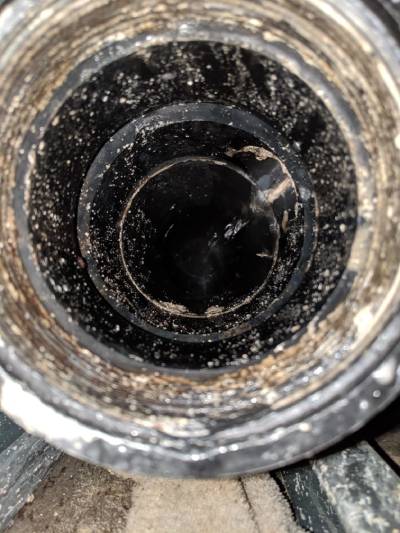






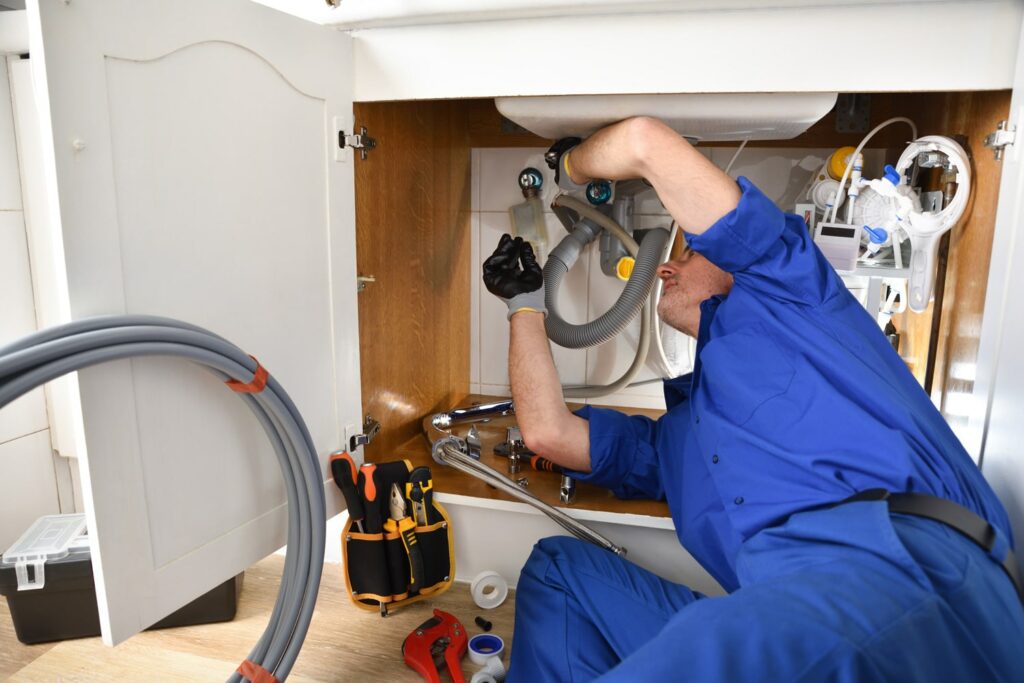




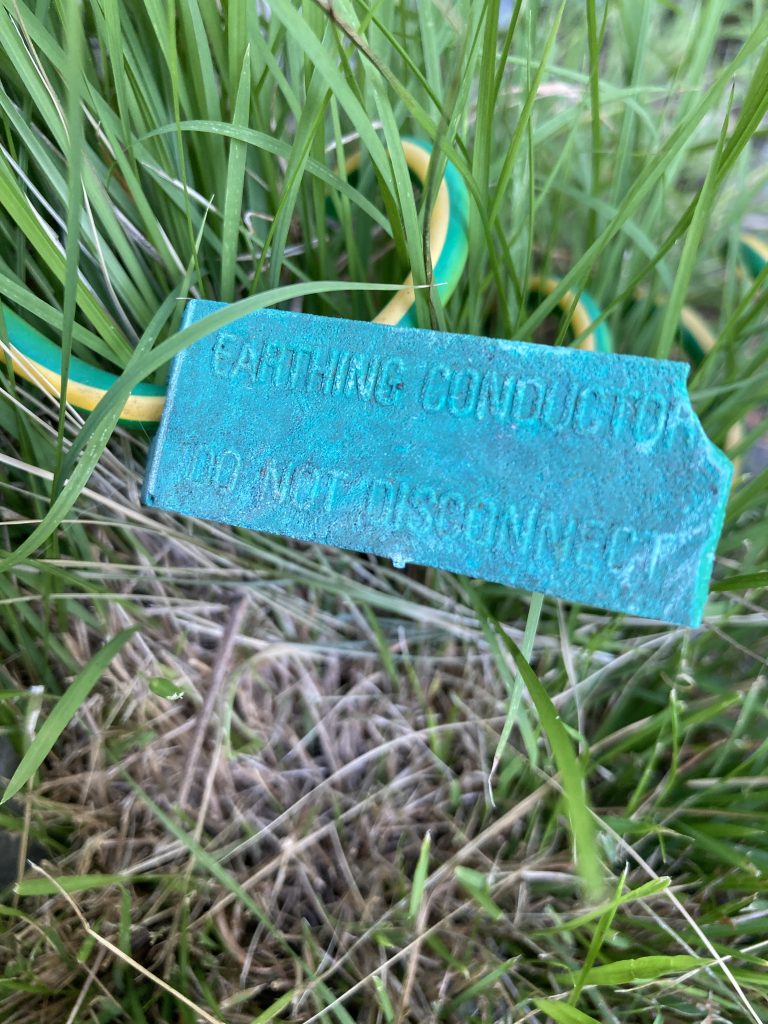
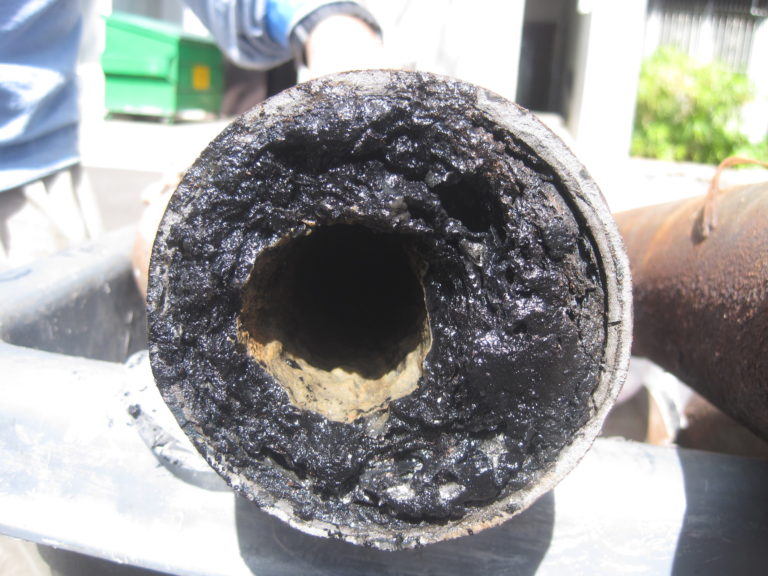












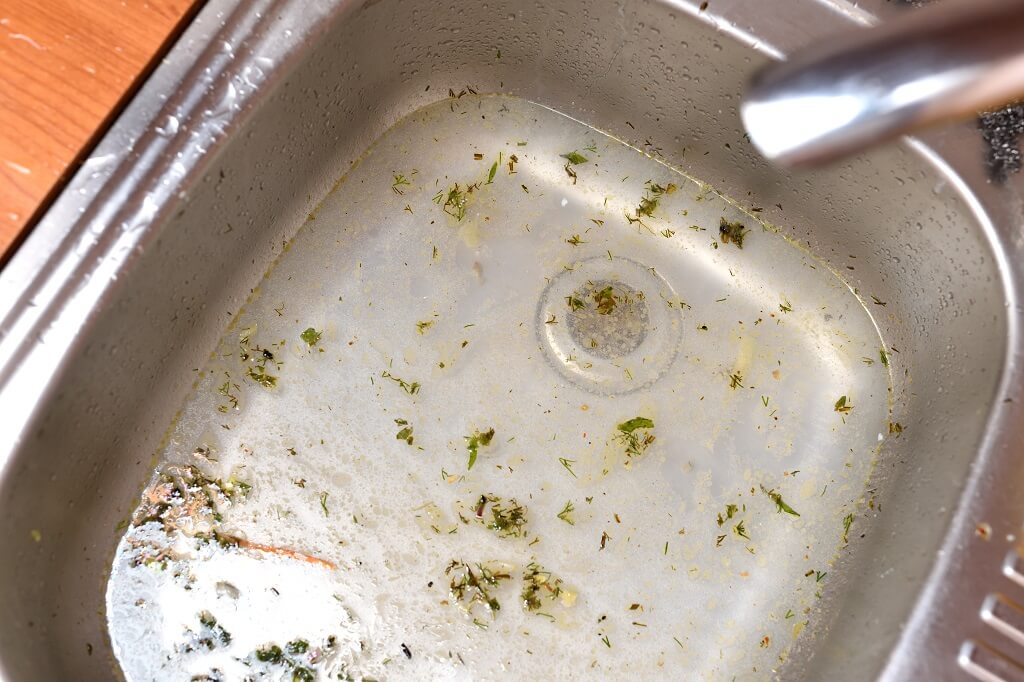





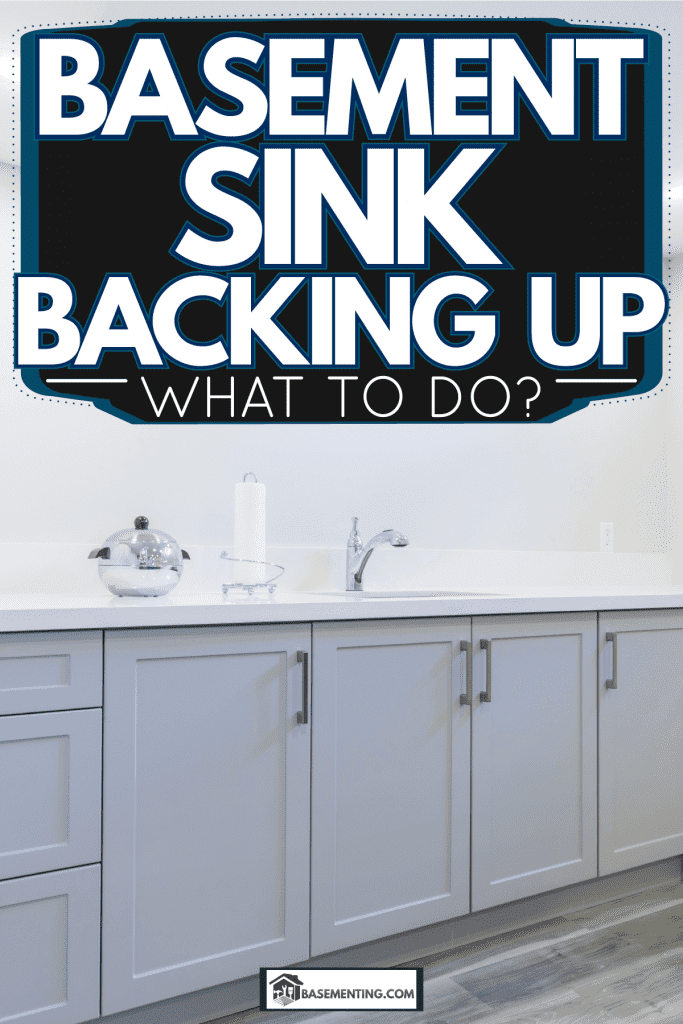




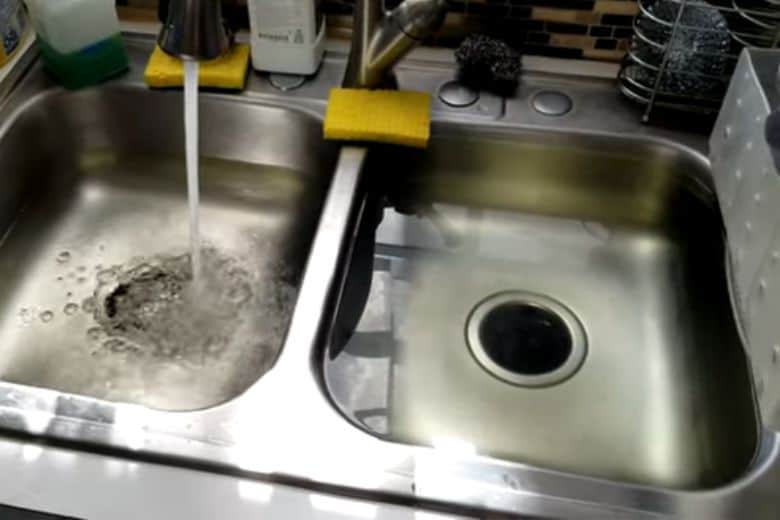


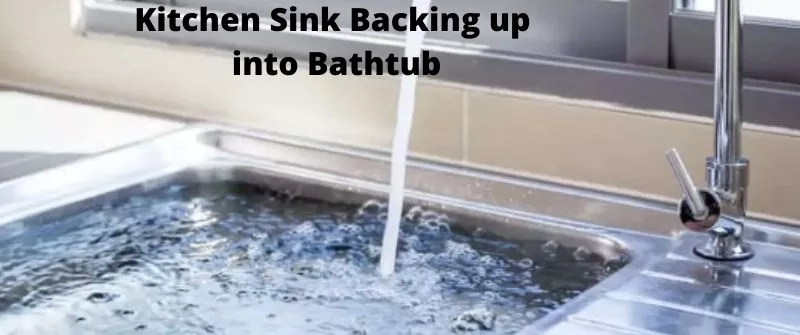

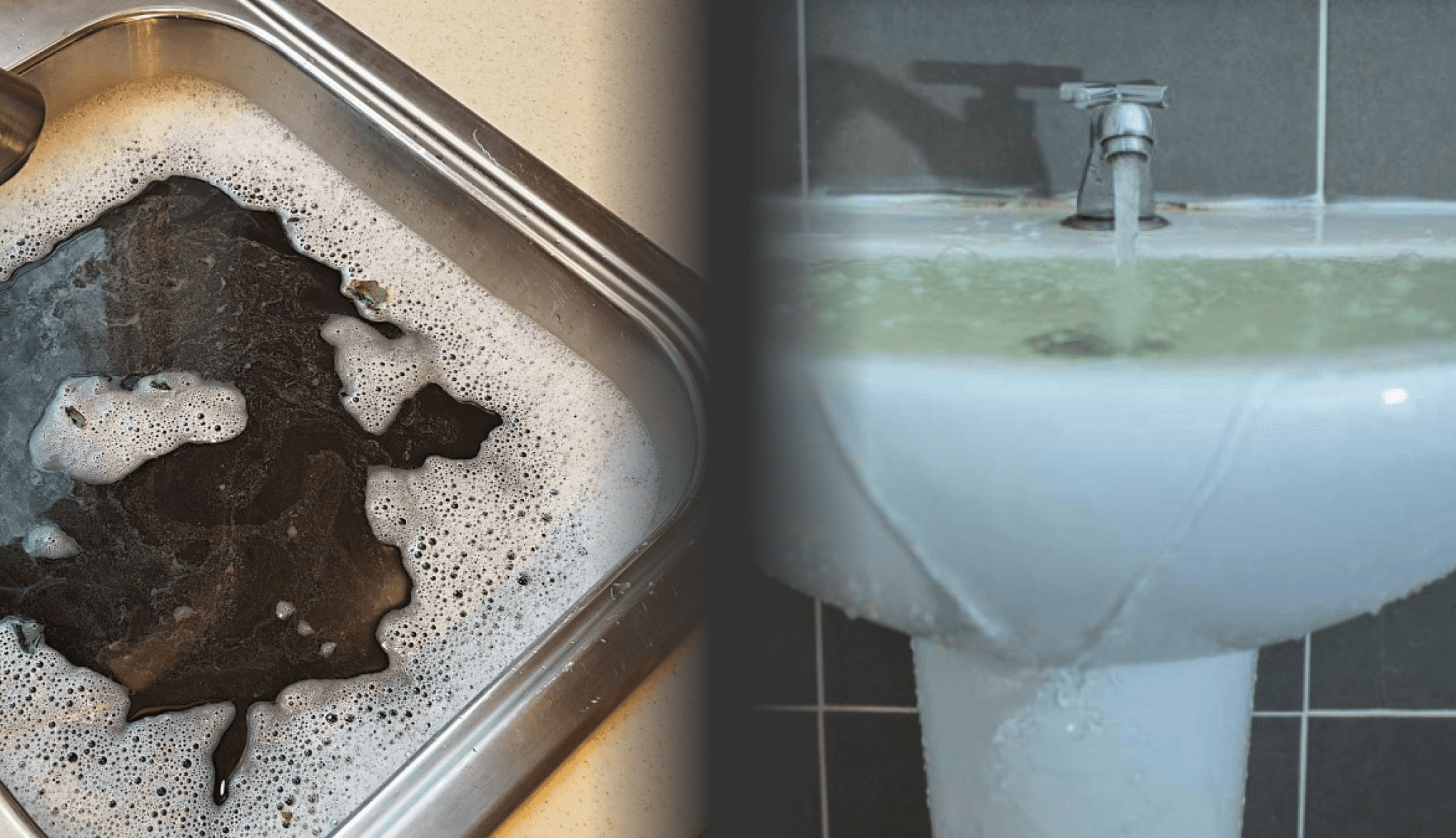






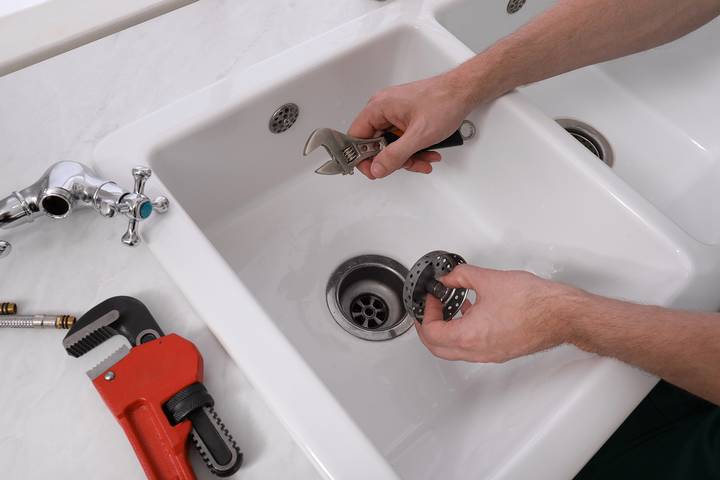
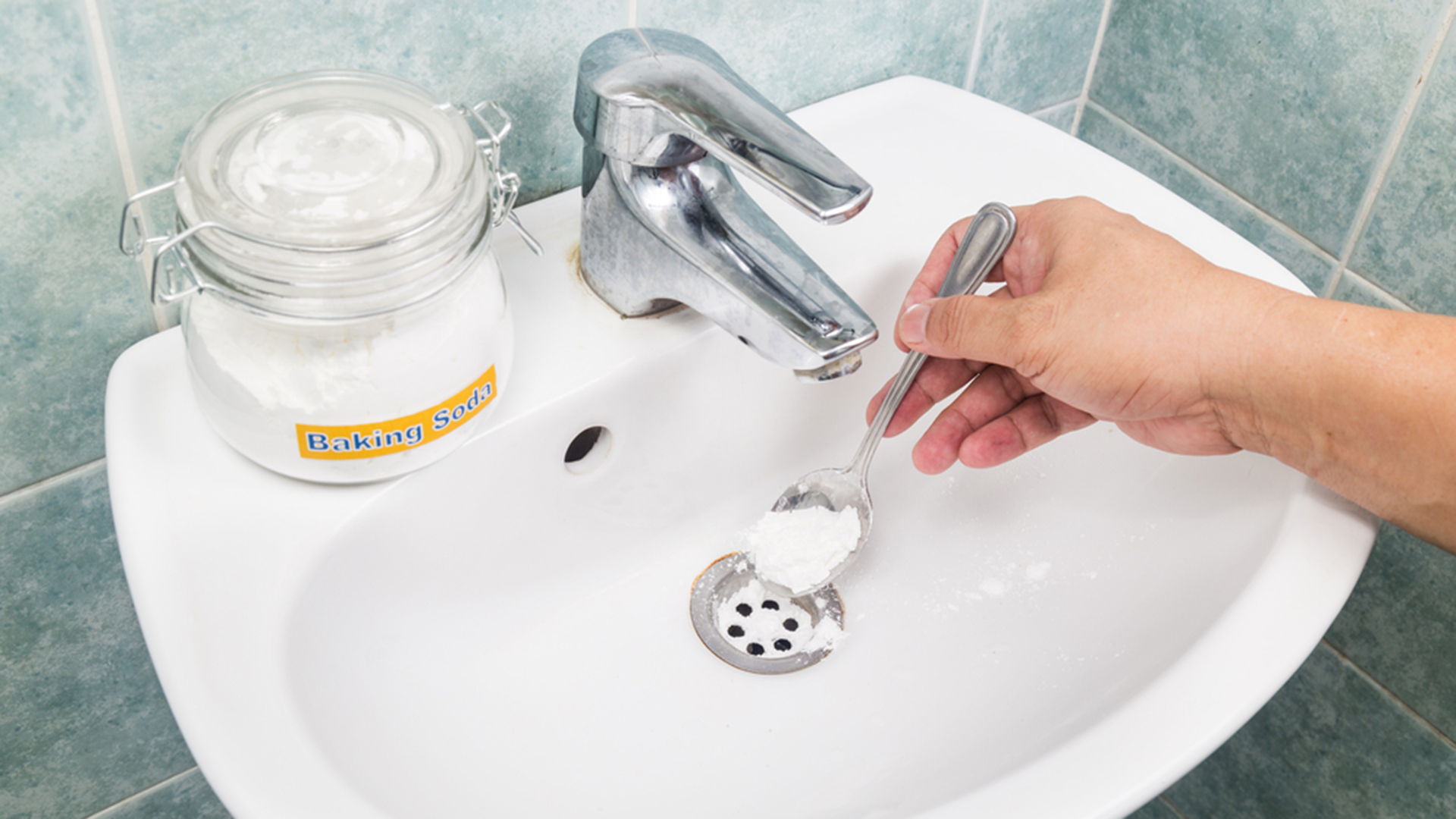
:max_bytes(150000):strip_icc()/how-to-unclog-a-kitchen-sink-2718799_sketch_FINAL-8c5caa805a69493ab22dfb537c72a1b7.png)








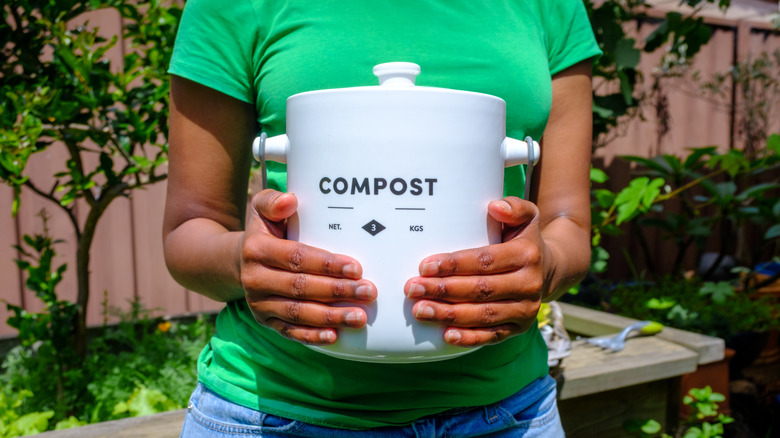

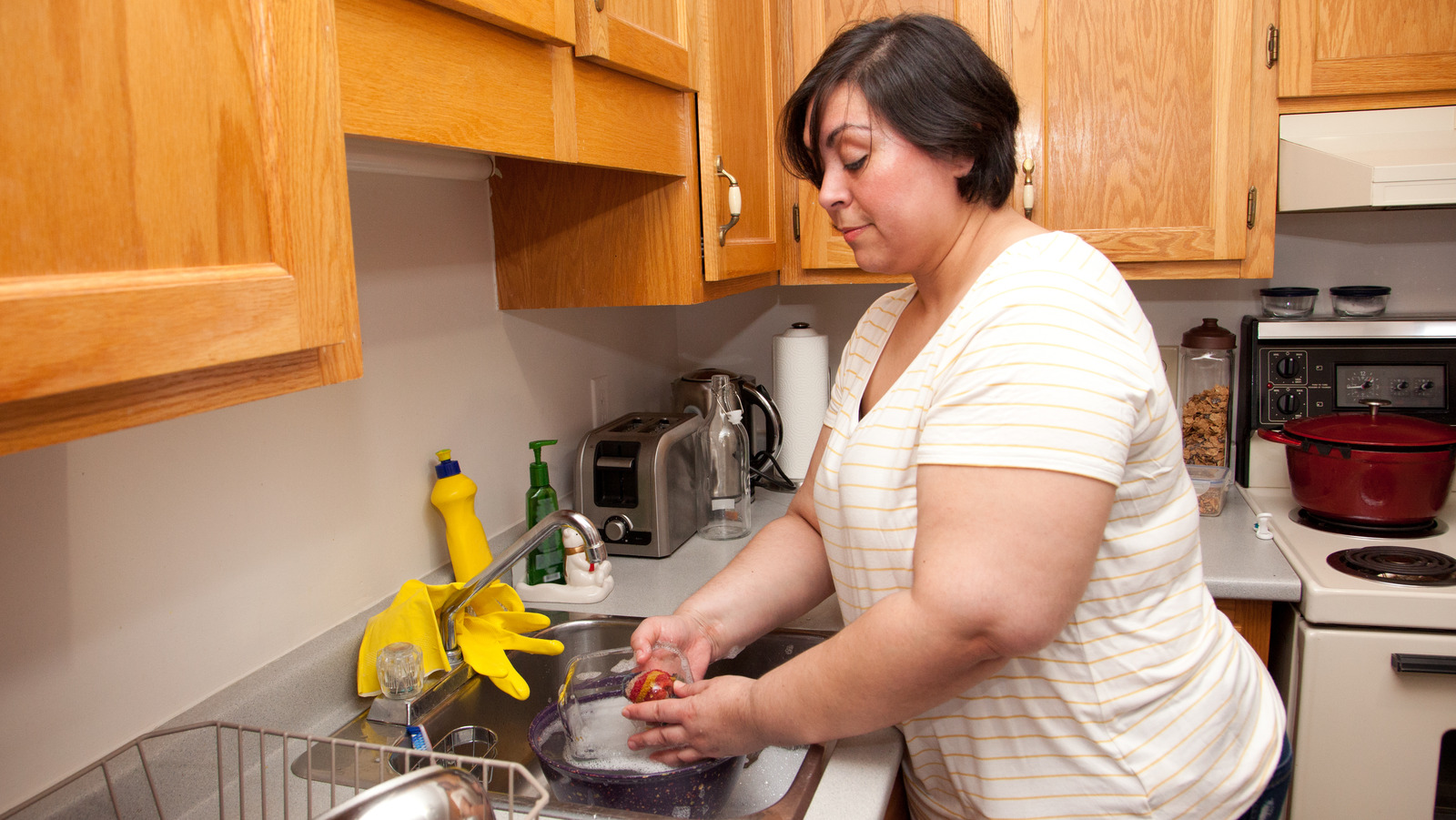




/how-to-unclog-a-kitchen-sink-2718799_sketch_FINAL-8c5caa805a69493ab22dfb537c72a1b7.png)




